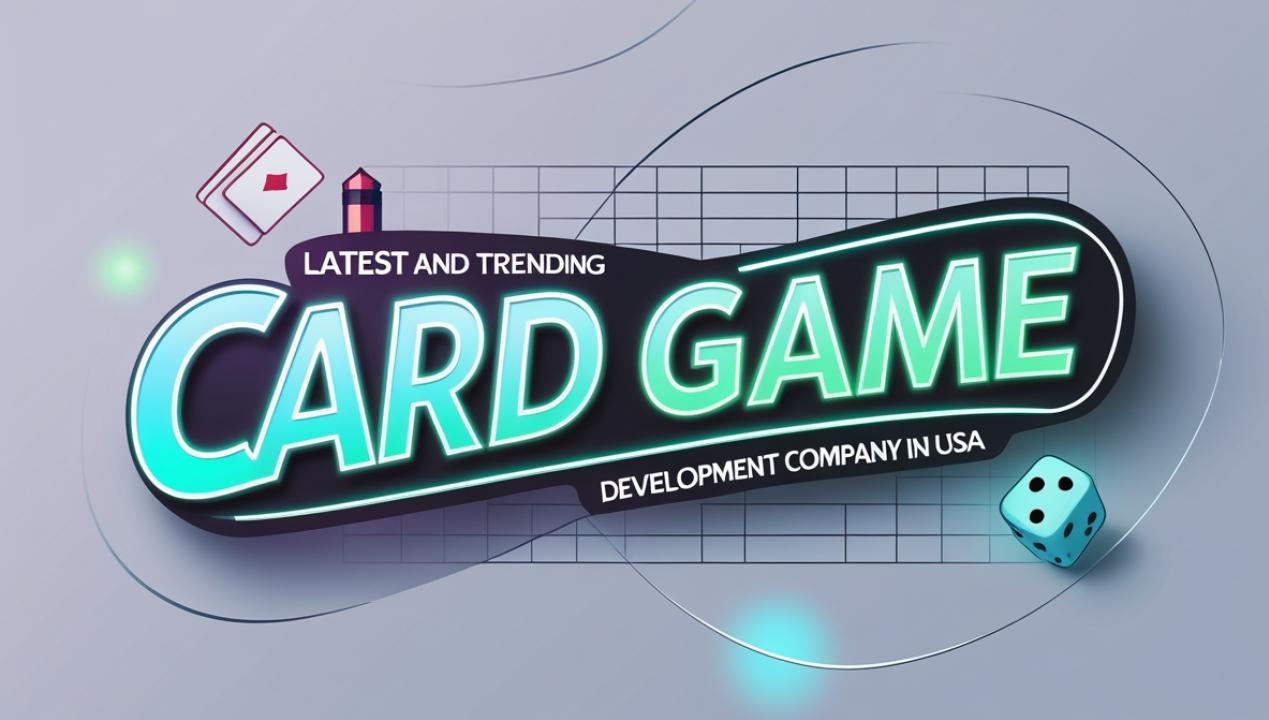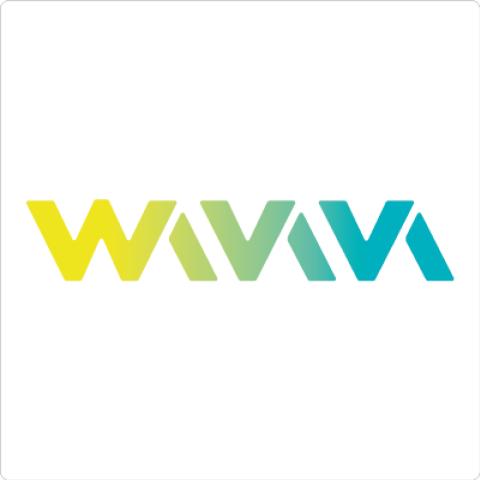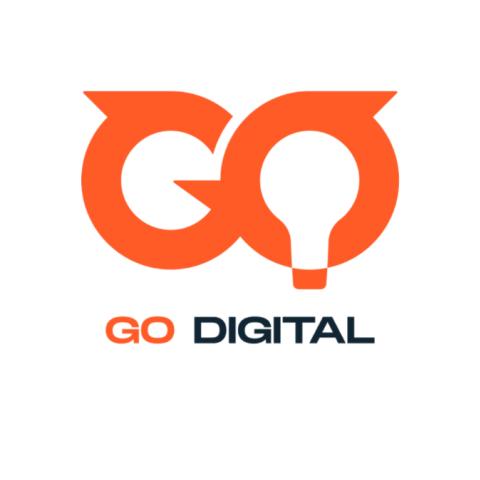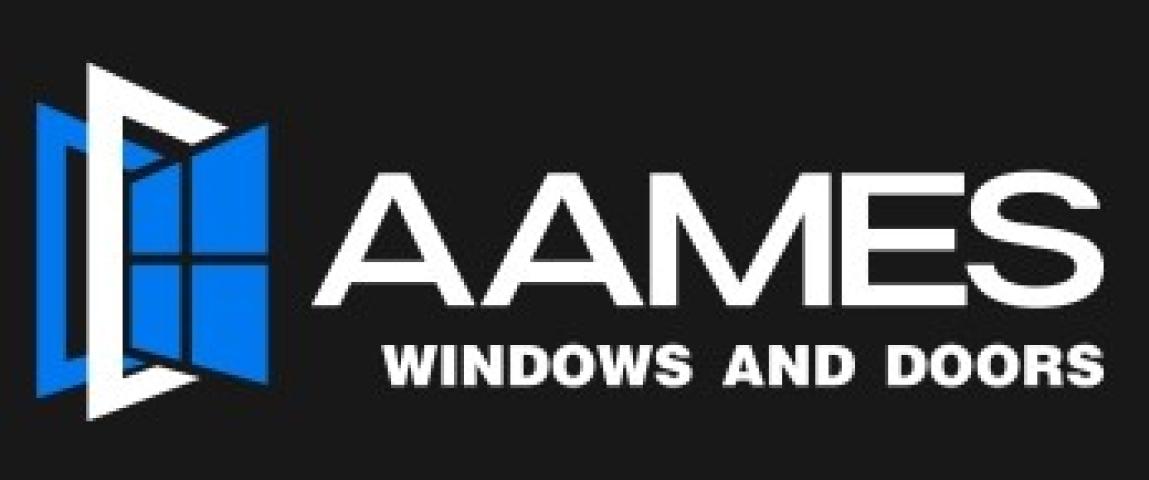Navigating the World of Card Game Development
Card game development has become an increasingly popular venture in the mobile gaming industry. Whether it’s Poker, Rummy, or a new innovative concept, the appeal of card games transcends generations. Players seek excitement, strategy, and social interaction—features that must be seamlessly integrated into mobile apps.
As the demand for mobile card games grows, developers need to ensure that their apps meet the highest standards of user experience and performance. Card game app development involves a multifaceted approach, combining strategic game design, advanced tech stacks, and real-time multiplayer capabilities. In this guide, we’ll explore the critical features and technologies that are required to build a successful card game app in 2025, with insights into how BR Softech delivers outstanding card game experiences for clients worldwide.
1. Key Features of a Card Game App
When it comes to developing a mobile card game, the features you include can make or break the user experience. Here are the essential features that all card game apps must have to remain competitive and engaging:
1.1. Multiplayer Mode
Multiplayer functionality is one of the cornerstones of any successful card game. Playing against friends or global opponents adds excitement and competitiveness to the experience. Key components include:
- Real-Time Multiplayer: Players can join games and interact in real time, making moves, chatting, and strategizing.
- Matchmaking System: An automated matchmaking system ensures players are matched based on their skill levels, ensuring fairness.
- Private Rooms: Players can invite friends or colleagues to play in private rooms.
BR Softech ensures multiplayer functionality with optimized backend systems, providing seamless real-time synchronization, which is crucial for a smooth user experience.
1.2. Secure Payment Gateway Integration
In card games that involve real money, such as Poker or Rummy, integrating a secure and reliable payment system is paramount. The payment features should include:
- In-App Purchases (IAP): Players should be able to purchase in-game items like chips, skins, or premium features.
- Payment Processing: Secure integration with global payment systems like PayPal, Stripe, and credit card processing.
- Blockchain Integration: For real-money gaming apps, incorporating blockchain technology can ensure transparency and fairness.
Security is a key priority in card game app development. BR Softech follows industry standards to ensure all transactions are encrypted and compliant with data protection regulations.
1.3. Social Sharing Features
Incorporating social elements into card games can significantly increase engagement. These features allow players to:
- Log in through Social Media Accounts: Facebook, Twitter, and Google login options can make the user registration process quick and easy.
- Share Achievements and Leaderboards: Players can share their victories and progress on social platforms, attracting new users and encouraging competition.
- Invite Friends to Play: Social media integrations help players invite friends to join games or challenges.
Integrating social features adds value by creating a sense of community and encouraging users to stay connected with their social networks while playing.
1.4. Leaderboards and Rewards
Leaderboards and reward systems keep players motivated to keep playing and improve their skills. You can implement:
- Global Leaderboards: Showcase the top players worldwide based on their performance.
- Achievements and Badges: Reward users for hitting milestones or completing challenges within the game.
- Daily/Weekly Tournaments: Create a sense of urgency with time-limited tournaments where players can earn rewards.
1.5. Customization Options
Customization adds a personal touch to the gaming experience. Users should be able to customize the following elements:
- Avatars and Profile Customization: Players should have the ability to change their avatar, name, and profile settings.
- Card Decks and Themes: Offering a variety of card designs, game tables, and background themes makes the game feel fresh.
- Sound and Visual Preferences: Allow users to adjust sound effects, background music, and game animations according to their preferences.
Personalization makes users feel more connected to the app and enhances retention.
1.6. Notifications and Push Alerts
Keeping players engaged after they leave the app is crucial. Push notifications can:
- Alert Players to Their Turn: Especially for turn-based games, a notification can inform players when it's their turn.
- Promote New Tournaments and Events: Let users know about upcoming events or special promotions to increase participation.
- Remind Players About Rewards and Offers: Timely reminders about special rewards or bonuses can enhance user interaction.
2. The Best Tech Stack for Card Game App Development
Choosing the right technology stack is essential to ensure that your card game app is scalable, secure, and performs well across devices. Let’s explore the best technologies for front-end, back-end, and real-time multiplayer game development.
2.1. Front-End Development Technologies
The front-end of the card game app is responsible for delivering an engaging and interactive user interface. Key technologies include:
- React Native: A popular framework for building cross-platform apps. It’s cost-effective, allowing developers to write code once and deploy it to both iOS and Android devices.
- Flutter: A modern, high-performance framework by Google that allows for the development of visually appealing apps with great animation features.
- Cocos2d-x: A widely used game engine that excels in developing 2D card games with flexibility and high performance.
BR Softech uses these technologies to build intuitive user interfaces that are responsive, fast, and visually appealing.
2.2. Back-End Development Technologies
The back-end of a card game app powers features like multiplayer gameplay, database management, user authentication, and payment processing. Some commonly used back-end technologies include:
- Node.js: A JavaScript runtime environment that is perfect for building scalable and fast backends for real-time applications.
- Java (Spring Boot): A robust and scalable back-end technology, widely used for handling heavy loads and complex transactions in gaming apps.
- PHP (Laravel): Ideal for smaller gaming apps, providing fast development and solid security.
- Python (Django): Python is known for its simplicity and powerful frameworks like Django, which can handle secure and scalable back-end needs for card games.
2.3. Real-Time Multiplayer Features
To make the game enjoyable for multiple players simultaneously, the app must have real-time multiplayer functionality. Key technologies include:
- Photon Engine: A real-time multiplayer development platform that helps developers create fast and responsive multiplayer games.
- WebSockets: A protocol that allows for real-time, bidirectional communication between the server and client, essential for live card games.
- Firebase: Firebase offers a real-time database that supports fast syncing of game data, perfect for building multiplayer apps.
2.4. Database Management
The database is crucial for storing user data, leaderboards, payment transactions, and game states. Technologies commonly used in card game app development include:
- MongoDB: A NoSQL database that’s perfect for handling high volumes of unstructured data and can scale quickly as the user base grows.
- MySQL/PostgreSQL: Popular relational databases for managing structured data with high integrity.
- Firebase Realtime Database: Ideal for real-time syncing of data across multiple devices in a multiplayer game.
2.5. Payment Gateway Integration
For real-money card games, payment gateways must be integrated to handle transactions. Common options include:
- Stripe: A widely adopted payment gateway for online payments.
- PayPal: A reliable option that is globally recognized for handling in-game purchases.
- Razorpay: A powerful payment solution, especially for games targeting the Indian market.
2.6. Cloud Computing
Cloud services are essential for hosting the app’s backend, ensuring smooth game performance, and handling the load of multiple players worldwide.
- Amazon Web Services (AWS): A highly scalable cloud service that provides the resources needed to support large multiplayer games.
- Google Cloud Platform (GCP): Known for its reliability and scalability, GCP offers services like app hosting and data storage.
- Microsoft Azure: Offers a secure and scalable cloud environment, making it perfect for hosting game backends.
3. BR Softech’s Approach to Card Game App Development
As a trusted name in mobile app development, BR Softech leverages its expertise to provide full-scale card game development solutions. Here’s a look at our process:
3.1. Understanding Your Requirements
Our team works closely with clients to understand the game’s mechanics, target audience, and monetization strategies. Whether it's a casual game or a competitive gambling app, we tailor the features to your vision.
3.2. Game Design and Prototyping
We create wireframes, design assets, and prototypes to give you a visual sense of how the game will function. User feedback is gathered at every stage to ensure we are on the right track.
3.3. App Development and Testing
BR Softech follows agile methodologies to develop high-quality card game apps. We conduct thorough testing to ensure that the game performs well across devices, provides a bug-free experience, and supports real-time interactions.
3.4. Launch and Support
Once your game is ready, we handle the app launch process, from App Store and Google Play submissions to ongoing maintenance and support. We also help with regular updates, ensuring your game stays fresh and competitive in the market.
Conclusion: Your Path to Success in Card Game App Development
Building a successful card game app requires a combination of engaging features, cutting-edge technology, and a reliable development process. Whether you are planning to create a traditional card game or a unique new concept, BR Softech is equipped with the expertise and technology stack to make your vision a reality.
Reach out to BR Softech today and take the first step towards developing a highly engaging and scalable card game app that players will love.
















